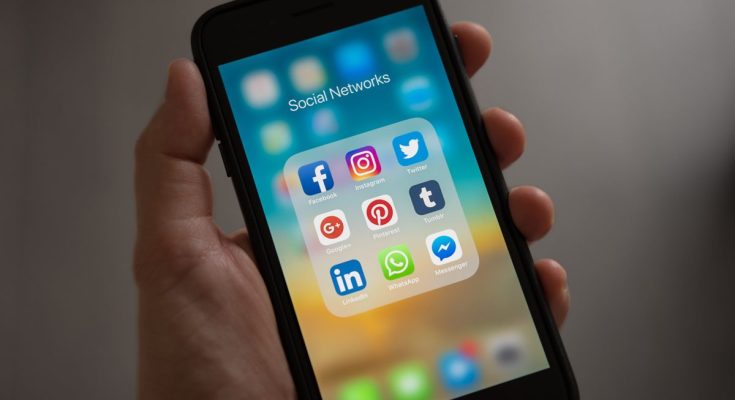Social media addiction refers to compulsive engagement on social platforms that disrupts important areas of one’s life, such as relationships, work, and health.
This is rooted in factors like low self-esteem, anxiety, depression, and personal dissatisfaction. Social media addiction affects both teenagers and adults alike. In fact, many find solace in virtual interactions, preferring them over face-to-face encounters due to a lack of confidence. For those seeking to break free from this cycle, here are five strategies to consider:

Seek alternatives
Access the role social media plays in your life and explore alternative activities that can fulfill those needs. I know this would be difficult, but if this is worth doing at all, then; it should be done well.
Cultivate diverse interests
While social media may offer benefits, excessive usage can be harmful. Actively pursue hobbies and interests that bring purpose and fulfillment to your daily life. I know you used to be an avid reader offline, right? But social media changed that part of you. How about another switch this time?
Prioritise real connections
While online interactions have their place, prioritise meaningful face-to-face connections with those around you. Even in the age of new technologies that make virtual interactions seem real, many people still believe physical interactions build confidence and connections the most.
Set boundaries
Rather than quitting cold turkey, gradually reduce your social media usage by setting hourly limits. Seek support from others if needed to enforce these boundaries. By the way, there are tools that can assist you in managing your daily hours for productivity and setting boundaries.
Embrace individual progress

Avoid comparing your journey to others’. Focus on finding what works best for you and commit to making positive changes without comparing yourself to others.
By implementing these strategies, you can reclaim control over your digital habits and regain balance in your life.







